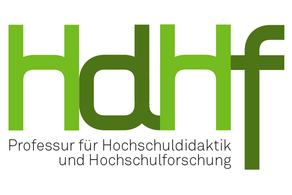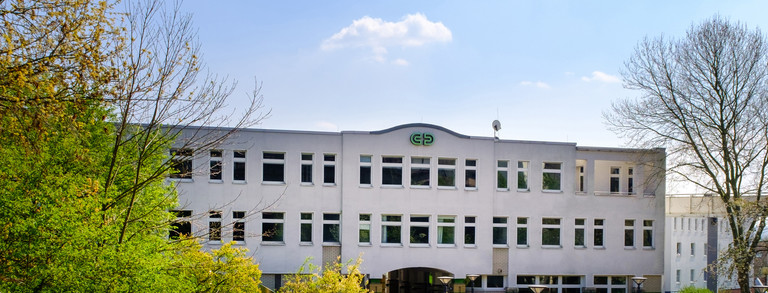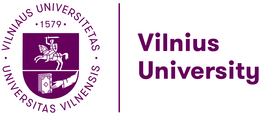Program
Wednesday, 19 August 2020
| Welcome Speech | |
| Pre-recorded | Welcome address Prof. Liudvika Leišytė, TU Dortmund University, Germany Prof. Rimantas Želvys, Vilnius University, Lithuania |
| Online Workshops | |
| Live session 11.00-13.00 UTC | Comparative approaches in higher education Prof. Mónica Marquina, Universidad Nacional de Tres de Febrero, Argentina |
| Live session 13.30-15.30 UTC | The publication process – From planned to published Dr. Teresa Carvalho, University of Aveiro, Portugal |
Thursday, 20 August 2020
| Welcome Speeches | |
| Pre-recorded | Welcome address by the APIKS conference organizing team Prof. Liudvika Leišytė, TU Dortmund University, Germany Prof. Rimantas Želvys, Vilnius University, Lithuania |
| Pre-recorded | Welcome address by the APIKS project coordinators Prof. Timo Aarrevaara, University of Lapland, Finland Prof. Mónica Marquina, Universidad Nacional de Tres de Febrero, Argentina |
| Keynotes | |
| Pre-recorded | Management and Academic Freedom in Changing Academy Prof. Timo Aarrevaara, University of Lapland, Finland |
| Pre-recorded | Do We Overestimate the Power and the Potentials of Managerialism? Prof. Ulrich Teichler, University of Kassel, Germany |
| Eröffnung der Konferenz | |
| Live session 09.30 UTC | Welcome Prof. Arūnas Poviliūnas, Dean of the Faculty of Philosophy, Vilnius University, Lithuania Prof. Liudvika Leišytė, TU Dortmund University, Germany Prof. Rimantas Želvys, Vilnius University, Lithuania |
| Paper Discussion Session 1 | |
| Live session 10.00-11.00 UTC | Comparative Perspectives on University Governance CHAIR: Prof. Rimantas Želvys, Vilnius University, Lithuania Japan University governance and management in Japan and Korea: Main findings from two national surveys in 2017 Prof. Futao Huang & Dr. Yangson Kim Russia/Kazakhstan Predictors of the institutional governance climate in Russian and Kazakh universities Dr. Darkhan Bilyalov, Anna Panova & Dr. Maria Yudkevich China Changing faculty perceptions on their participation in university governance from 2007 to 2018 in China: based on CAP and APIKS data Prof. Hong Shen, Prof. Hanying Li, Dr. Li Yu, Prof. Hui Guo |
| APIKS meetings | |
| Live session 11.30-12.30 UTC | APIKS general meeting CHAIRS: Prof. Timo Aarrevaara, University of Lapland, Finland & Prof. Mónica Marquina, Universidad Nacional de Tres de Febrero, Argentina All APIKS project members |
| Live session 13.00-14.00 UTC | APIKS meeting on the database CHAIRS: Dr. Maarja Beerkens, Leiden University, The Netherlands & Ville Tenhunen, University of Helsinki, Finland APIKS Coordinators only |
| Paper Discussion Session 2 | |
| Live session 14.30-15.30 UTC | Academic Participation in University Governance CHAIR: Prof. Liudvika Leišytė, TU Dortmund University, Germany Argentina Institutional influence of academics in Argentinean public universities in a context of external control Prof. Mónica Marquina, Prof. Cristian Pérez Centeno & Nicolás Reznik Canada Accountability-induced academic workload in Canada Dr. Olivier Bégin-Caouette & Silvia Mirlene Nakano Koga Turkey Perceptions of Turkish academics about their influence on institutional decisions and policies Prof. Fatma Nevra Seggie, Dr. Alper Çalıkoğlu & Dr. Sedat Gümüş |
Friday, 21 August 2020
| Paper Discussion Session 1 | |
| Live session 10.00-11.00 UTC | (Performance) Management and Leadership in Universities CHAIR: Prof. Rimantas Želvys, Vilnius University, Lithuania Lithuania Managerialism in Lithuanian higher education Prof. Liudvika Leišytė, Prof. Rimantas Želvys, Rūta Bružienė, Anna-Lena Rose & Sude Pekşen Taiwan Relations of the university management style and the consciousness of academics in Taiwan Prof. Robin Jung-Cheng Chen & Prof. Sophia Shi-Huei Ho Finland Academics divided opportunities in performance management and governance Prof. Timo Aarrevaara, Dr. Sanna Ryynänen, Ville Tenhunen & Pekka Vasari Japan Why does the Japanese academic profession recognize that there is a competent leadership in my institution? Prof. Akira Arimoto & Prof. Tsukasa Daizen |
| APIKS meeting | |
| Live session 11.30-12.30 UTC | APIKS meeting on publishing CHAIR: Dr. Teresa Carvalho, University of Aveiro, Portugal All APIKS project members |
| Paper Discussion Session 2 | |
| Live session 13.00-14.00 UTC | Academic Roles and Societal Engagements CHAIR: Prof. Liudvika Leišytė, TU Dortmund University, Germany Estonia A diversity in academic profiles: Responsiveness to performance evaluation? Dr. Eneli Kindsiko, Eve Mägi & Dr. Maarja Beerkens Germany Governance of higher education institutions and the interferences of vertical and horizontal diversity Nicolai Götze & Dr. Christian Schneijderberg Portugal Management and governance in Portuguese higher education: Is the 'marketization' climate present everywhere? Dr. Teresa Carvalho, Anabela Queirós & Dr. Maria João Manatos South Korea Governance and academics' research competitions in South Korea Dr. Soo Jeung Lee & Prof. Jung Cheol Shin |
| Farewell | |
| Live session 14.30-15.30 UTC | Final Discussion and Farewell CHAIRS: Prof. Liudvika Leišytė, TU Dortmund University, Germany & Prof. Rimantas Želvys, Vilnius University, Lithuania All APIKS project members |








